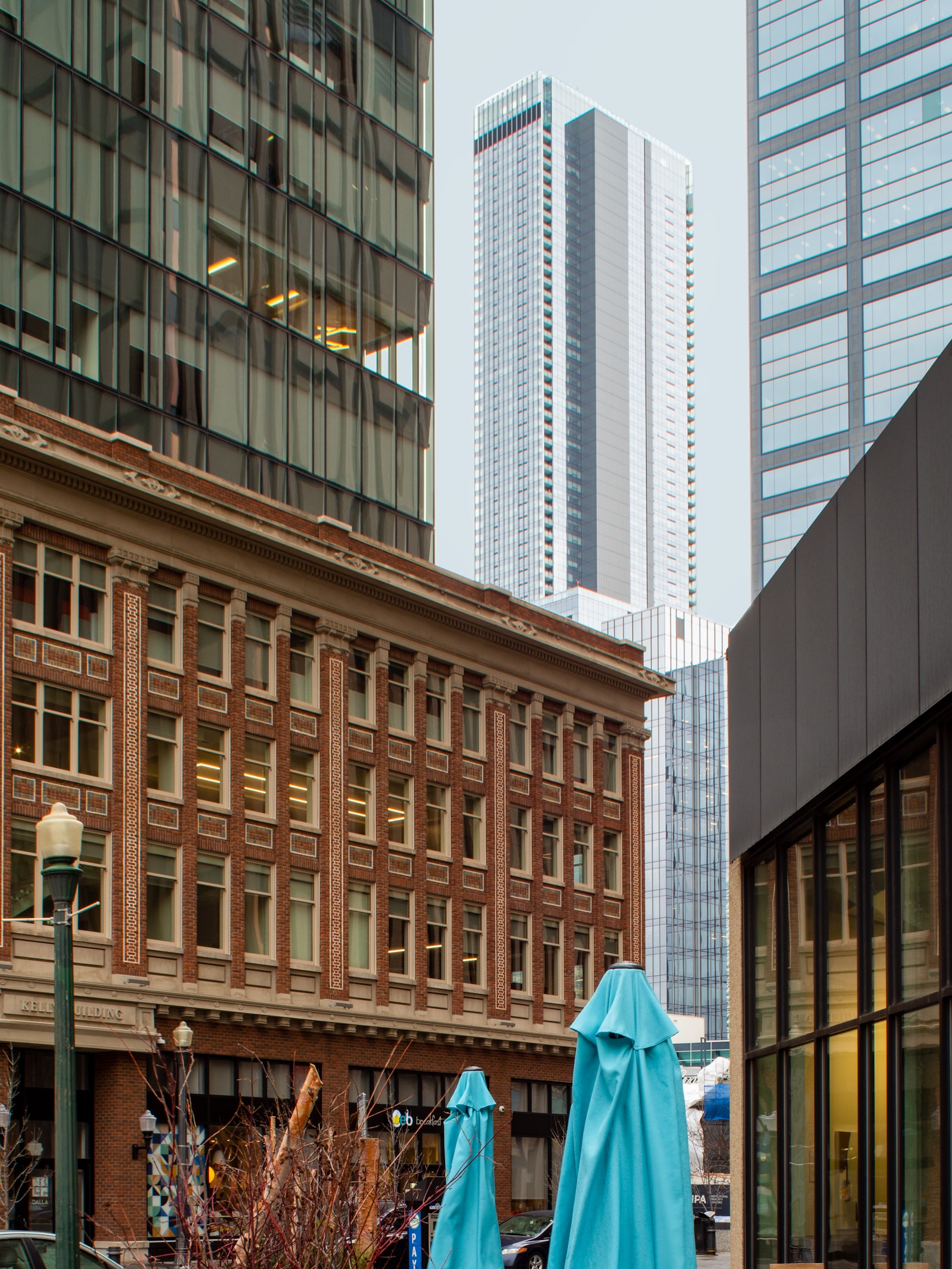Edmonton's real estate market sizzled this July, echoing the city's heatwave, with a notable increase in activity and sales. The Greater Edmonton Area (GEA) recorded 2,941 residential unit sales in July 2024, marking a 3.5% rise from June 2024 and a substantial 27.1% jump from July 2023. New residential listings also saw an uptick, reaching 3,729—up 2.9% from the previous month and 13.2% higher than last year. Despite the increase in listings, overall inventory in the GEA decreased by 1.4% from June 2024 and is down 15.1% compared to July 2023.
Sales by Property Type
Detached Homes: 1,708 units sold, up 2.8% month-over-month and 23.5% year-over-year.
Semi-Detached Homes: Sales decreased by 6.6% from June 2024 but increased by 13.0% compared to July 2023.
Row/Townhouses: Sales rose by 4.7% from June 2024 and an impressive 52.0% from July 2023.
Apartment Condominiums: Sales increased by 11.7% from June 2024 and 32.3% year-over-year.
Pricing Trends
The overall residential average price reached $440,466, representing a slight 0.4% increase from June 2024 and a 7.7% rise from July 2023.
Detached Homes: Average price was $552,031, a 2.3% increase from the previous month and 9.8% higher year-over-year.
Semi-Detached Homes: Averaged $406,906, down 3.6% from June 2024 but up 7.4% from July 2023.
Row/Townhouses: Prices increased by 0.7% from June 2024 and 10.6% from the previous year, with an average of $292,072.
Apartment Condominiums: Averaged $204,315, down 3.4% from last month but up 4.9% from July 2023.
The MLS® Home Price Index (HPI) composite benchmark price in the GEA stood at $406,600, down 0.4% from June 2024 but up 7.1% from July 2023.
Days on Market
Detached Homes: Averaged 32 days, an increase of three days from June 2024.
Semi-Detached Homes: Averaged 27 days, down by one day month-over-month.
Row/Townhouses: Averaged 31 days, an increase of six days from June 2024.
Apartment Condominiums: Averaged 43 days, up by one day from last month.
Overall, residential listings averaged 33 days on the market, up three days from June 2024 but down 12 days from July 2023.
Expert Insights
"July’s heatwave didn’t stop home buyers from making the most of the market this month,” says REALTORS® Association of Edmonton 2024 Board Chair Melanie Boles. “The number of sales saw an unexpected bump considering things normally start to taper off after May and June have passed, while the added competition doesn’t seem to have impacted home prices just yet. The lower inventory available is something to keep an eye on, as we’ve seen the effects too little supply has had on prices in other markets.”
Commercial Real Estate Activity
Edmonton’s real estate market continues to attract national attention due to its relative affordability compared to other major Canadian cities. This allure extends beyond the residential sector, with significant activity in commercial real estate. Local investors have been particularly active, stepping in where national investors hesitate. An Avison Young second quarter report noted that institutional investors accounted for just 5% of second quarter sales volume while local private investors swept in with 82% of the sales volume. Over the past 18 months, Edmonton has demonstrated a high degree of local activity. Notable recent purchases include:
Whitemud Business Park
Broadmoor Boulevard (Broadmoor Place A and B and VII and VIII)
Clark Builders Place
5241 Calgary Trail
10451 170 Street
Compass Place
Plaza 124
Parkwest Business Centre
Phipps McKinnon Building
Empire Building
Sun Life Place
Local investors have seized opportunities created by institutional investors holding back. “I think it’s a real testament to those that are in the trenches here. They see an opportunity more so than those that aren’t in the local community,” said local expert Wosnack. Eleven of the twelve buildings recently purchased were from non-local investors, increasing the concentration of locally owned assets.
Key Factors Driving Local Investment
Wosnack attributed the interest from local investors to several key points:
Attractive Pricing: “We have more attractive pricing than we’ve seen in 20 years,” said Wosnack. Lower prices have made it an affordable time for local private investors, who face less competition than in previous years.
Stable Construction Costs: “We have had a flattening out of the cost to construct and furnish office space,” Wosnack noted. This stability is crucial for investors planning to renovate spaces to attract new tenants with amenities like gyms, collaborative spaces, or cafes.
Favorable Financing: “We also now have more attractive financing. We have predictability in the financial system. Interest rates have not only not gone up, they’ve actually now declined,” Wosnack added. The Bank of Canada cut its key interest rate to 4.5% in July, encouraging investment.
The Future of Edmonton’s Real Estate Market
The strong local investment activity is a positive sign for Edmonton’s commercial real estate market. Local investors are stepping in and taking advantage of favorable conditions, potentially heralding a new generation of investors. “It’s now opening doors for new investors to come forward and take advantage of these variables. And we’re going to have a new generation of investors that will be important parts of the real estate story,” Wosnack said.
Conclusion
Edmonton's real estate market remains robust and dynamic, with both residential and commercial sectors showing strong performance. As the market heats up, it presents numerous opportunities for buyers and investors alike. Stay tuned to the Iconic YEG Real Estate Blog for more updates and insights into Edmonton’s ever-evolving real estate landscape.
For more personalized real estate advice and to explore opportunities in Edmonton’s vibrant market, reach out to Caitlin Heine and the ICONIC YEG Real Estate Team.
